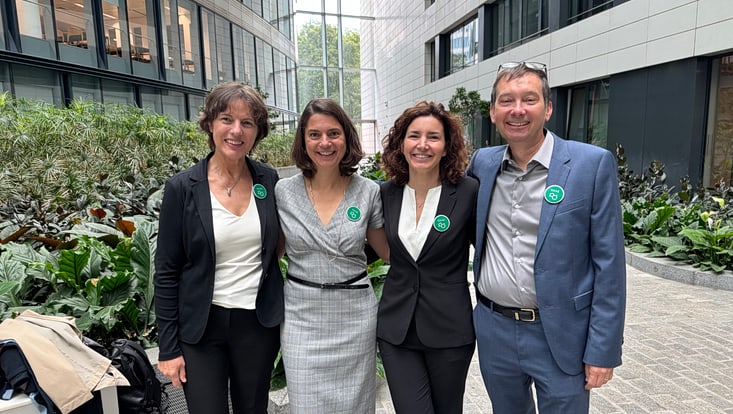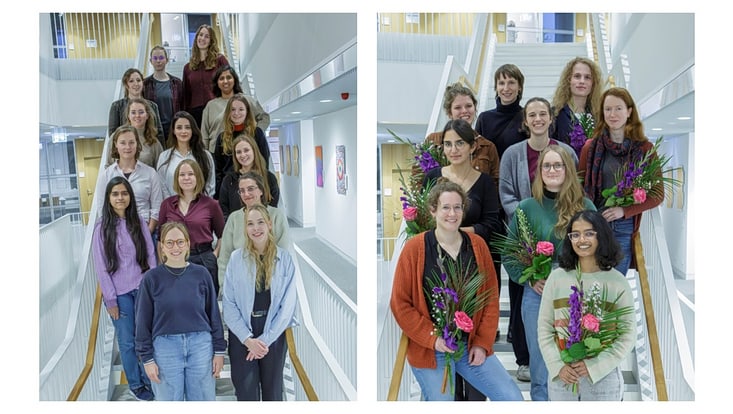Imaging of Matter
Andrea Cavalleri to be awarded the Stern-Gerlach Medal
14 November 2025

Photo: MPSD
The German Physical Society (DPG) has honored Prof. Dr. Andrea Cavalleri with the Stern-Gerlach Medal for outstanding achievements in experimental physics. Cavalleri is founding director of the Max Planck Institute for the Structure and Dynamics of Matter (MPSD) and principal investigator at the Cluster of Excellence “CUI: Advanced Imaging of Matter.” He receives the Prize in recognition of his “pioneering work in light-based control of quantum materials, with which he made groundbreaking contributions to controlling emergent phenomena in solid-state physics”.
In the past two decades, his work has led to breakthroughs in the light-control of the properties of quantum materials, ranging from superconductivity, to magnetism, ferroelectricity, topological transport and recently chirality and other exotic phases of matter. He has also been a major innovator in new experimental methods, having contributed to the development of ultrafast X-ray sources and their applications to condensed matter. The head of the Condensed Matter Dynamics Division at MPSD and head of a CUI research area has conducted groundbreaking experiments demonstrating how targeted excitation with terahertz and femtosecond lasers can generate new quantum states. These states include light-induced changes in conductivity in condensed matter. This award-winning work has transformed our understanding of non-equilibrium phase transitions and opened up new possibilities for quantum materials.
The Stern-Gerlach Medal is the most prestigious award conferred by the DPG for outstanding achievements in the field of experimental physics. The Stern-Gerlach Medal was established as a prize by the DPG in 1986 and was converted into a medal in 1992. Andrea Cavalleri is the third Max Planck Director in a row being awarded this prestigious prize, with the laureates 2024 Immanuel Bloch and 2025 Klaus Blaum.
The Prize will be presented during a ceremony at the DPG Spring Meeting of the Matter and Cosmos Section 2026 in Erlangen at the 17th of March 2026.


